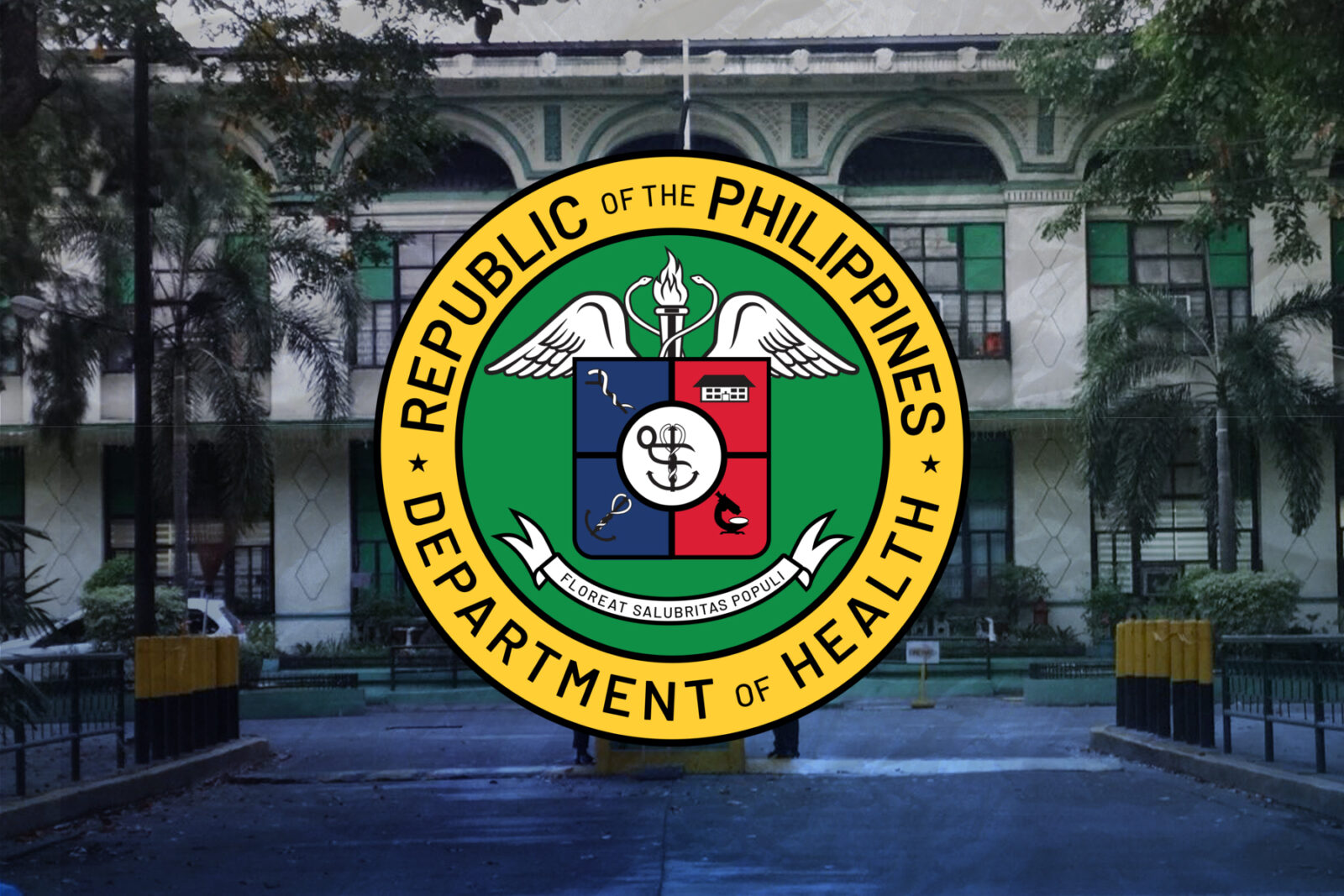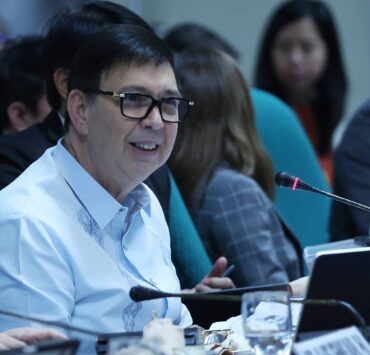P1-B DOH ‘beautification’ budget questioned

Iloilo Rep. Janette Garin on Thursday pushed for an overhaul of the Department of Health’s (DOH) proposed 2026 budget by using its planned allocations for beautification projects, research and a three-year donation to the World Health Organization (WHO) to fund critical health services instead.
During the deliberations of the House committee on appropriations on the DOH budget, Garin asked Health Secretary Teodoro Herbosa whether he was amenable to realigning the P1-billion proposed budget for the beautification of DOH offices, P458-million research fund for the DOH, and its planned P7.5-million donation to the WHO over a three-year period to other programs, including those that will help realize the “zero-balance billing” program of President Marcos.
Patient care
Garin especially took umbrage at the beautification projects and WHO donation, saying the funds for these should instead be used for patient care and subsidies for the universal health care program (UHCP) or to hire more doctors and nurses.
“The President wants zero-balance billing while hospitals are asking for bigger funds. But how did (this) pass through the Department of Budget and Management that there is about P1 billion intended not for hospitals and rural hospitals, but for ‘beautifying’ DOH offices?” asked Garin, a former health secretary.
“We laud the proposal of contributing funds to the WHO Secretariat … but isn’t this amount needed more by our hospitals? Instead of donating, this fund should instead be given to the implementation of the UHCP,” she added.
Herbosa replied that they would defer to the wisdom of Congress in realigning the funds. He explained, however, that they would have to study how to realign the planned budget for research, as some involve multiyear studies that were already programmed years ago.
No allocation
ACT Teachers Rep. Antonio Tinio, meanwhile, pointed out that there was no actual budget allotted for the government’s zero-balance billing program, which is instead being funded by hospital patients who are not covered by it.
Tinio emphasized that outpatient services and diagnostics weigh heavily on the poor and working people, and now they are basically subsidizing those covered by the program because there is either no or not enough money for its implementation.
“It turns out that the so-called ‘zero-balance billing’ is being funded from what is charged to paying patients. Where is the free or affordable health service for the people there?” he asked.
Herbosa explained that the program only covers patients in basic accommodation or wards. Outpatients and patients who are accommodated in private rooms still need to pay for medical services.
He further explained that hospital revenues are being tapped to fund the zero-balance billing policy, which primarily come from patient services and is supplemented by subsidies from the government, insurance reimbursements and income from nonmedical services.
As explained by the DOH, the expenses of patients admitted to basic or ward accommodation in any of the 87 DOH hospitals nationwide are covered by the policy.

















